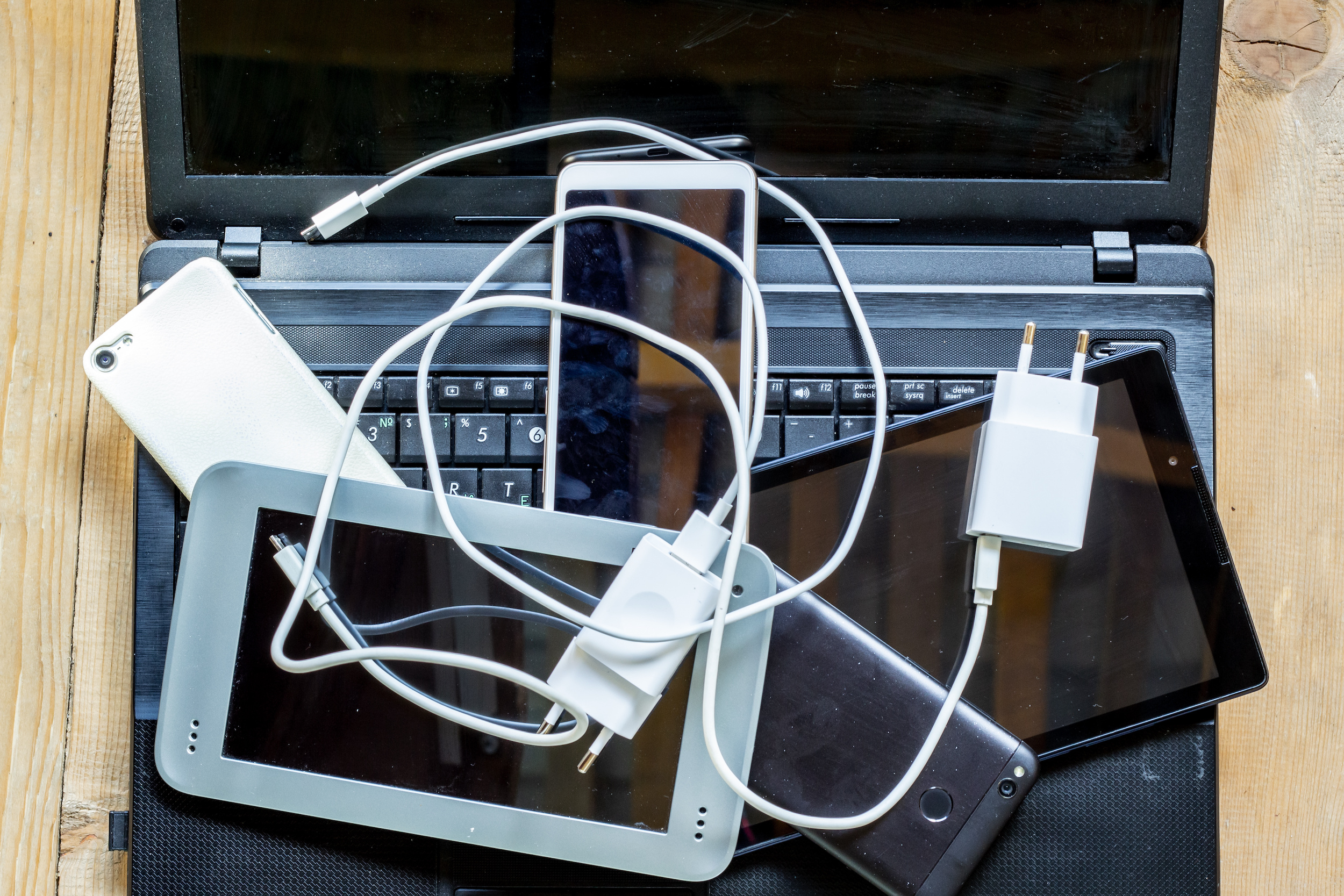[ad_1]
In step with a 2019 document by means of Not unusual Sense Media, African American youngsters have the perfect charges of media use in comparison to their friends, with preschool-aged youngsters spending an moderate of 5 hours and 55 mins on a daily basis and African American teenagers spending an moderate of 7 hours and 22 mins on a daily basis the use of media. That is a being concerned development, as over the top display screen time can negatively have an effect on youngsters’s bodily, social, and emotional building.

Additionally, a learn about printed in the magazine JAMA Pediatrics in 2019 discovered that preschool-aged youngsters from low-income and minority households, together with African American youngsters, are likelier to exceed really useful display screen points in time than their higher-income and non-minority friends. This additional highlights why oldsters, specifically the ones in lower-income and minority households, should be conscious about their youngsters’s display screen time and set right limits.
Even Steve Jobs, the past due co-founder of Apple, put boundaries on his personal youngsters’s publicity to electronics as a result of he was once involved. In a 2011 New York Occasions article, Jobs mentioned that he had positioned restrictions on his youngsters’s use of generation as a result of he sought after them to have a extra balanced youth, with alternatives for out of doors play and different actions that didn’t contain monitors. Jobs additionally reportedly expressed fear in regards to the addictive nature of generation and its doable to distract youngsters from different necessary sides of lifestyles.
In a similar way, in a 2020 Industry Insider article, former Google and Alphabet CEO Eric Schmidt mentioned that he had strict laws about his youngsters’s use of monitors, together with no display screen time throughout mealtimes and restricted use of electronics in common. Schmidt cited considerations in regards to the affect of generation on social interplay and face-to-face conversation, as nicely as the potential of habit and distraction.
”…African American youngsters have the perfect charges of media use in comparison to their friends…”
Different tech executives have expressed identical considerations in regards to the doable unwanted effects of generation on youngsters, similar to the affect on psychological well being, sleep, and a spotlight span. Whilst generation will also be a treasured instrument for studying and conversation, lots of those executives appear to imagine it’s necessary to set limitations and boundaries round its use, particularly for small children who’re nonetheless growing their conduct and routines.

When it involves electronics and kids, if giant tech worries about habit and psychological well being, it must lift some pink flags for Black oldsters. African American oldsters wish to be particularly vigilant when it involves managing their youngsters’s display screen time. Oldsters can set transparent pointers for display screen time, prohibit display screen time at bedtime, and inspire bodily actions and social interactions. Those methods are specifically necessary for youngsters who’re spending extra time in entrance of monitors than really useful.
The Nationwide Black Kid Building Institute gives sources and steerage for fogeys taking a look to arrange their youngsters’s display screen time. Those sources will also be particularly useful for African American oldsters looking for steerage on managing their youngsters’s generation use.
Through being conscious about the statistics and imposing right methods, oldsters can assist be certain that their youngsters are growing wholesome conduct when it involves generation use. Encouraging bodily actions, social interactions, and different non-screen actions too can receive advantages your youngsters’s general well-being.
Right here’s a desk with age-appropriate display screen time suggestions from the American Academy of Pediatrics:
[ad_2]








